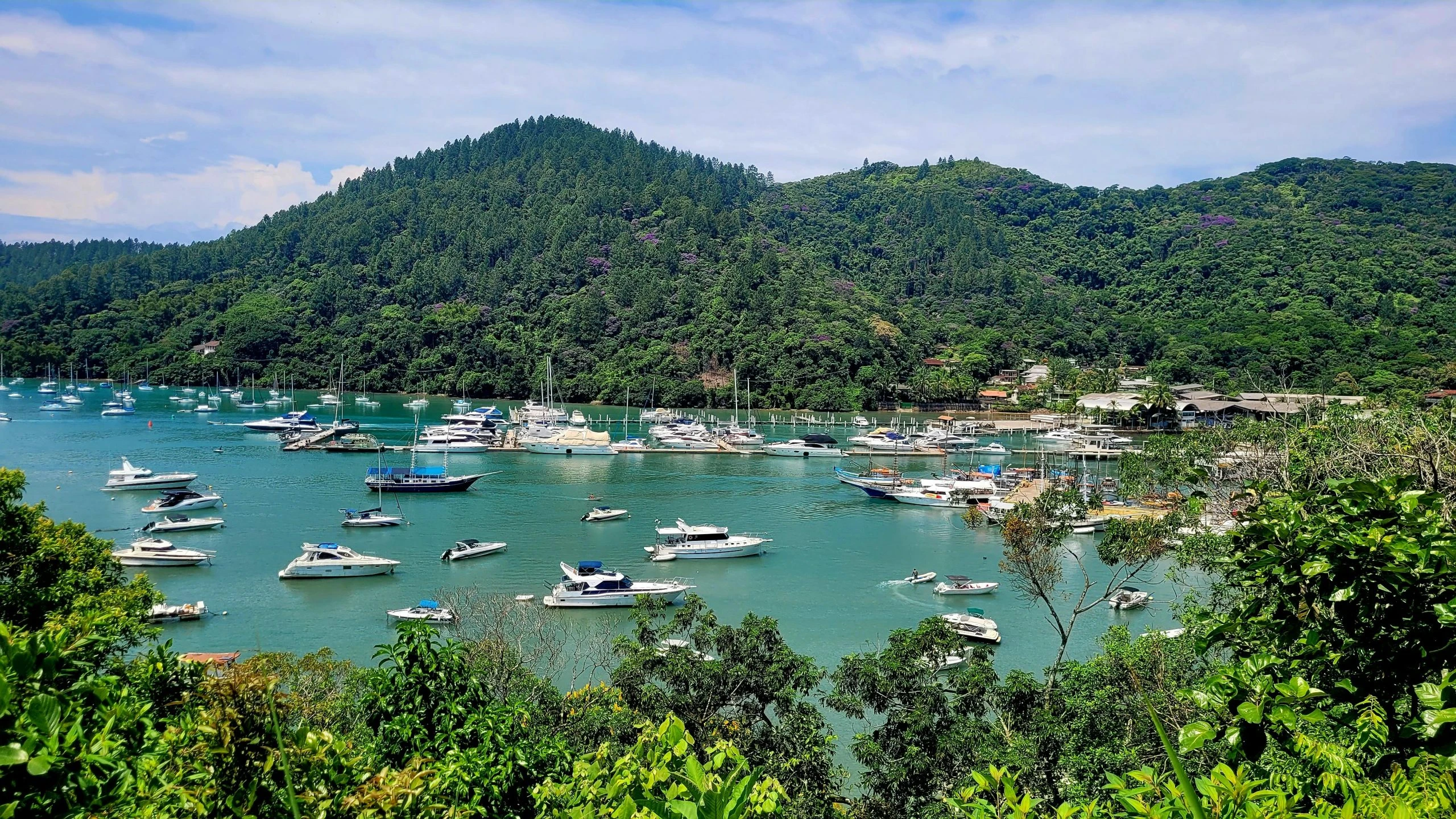Minister sees land-based gambling bill as chance to boost Brazil tourism

While Brazil is set to launch its regulated online betting market on 1 January 2025, it remains unclear whether the country will legalise land-based gambling with PL 2,234/2022, which includes casinos, bingo, jogo de bicho and betting on horseracing, yet to be voted on by the senate.
The bill had been approved by the Justice and Citizenship Committee in June by a 14-12 vote. That committee passed it onto the senate though, as we near October. The bill is still in limbo despite Senator Irajá Abreu claiming he has the votes needed to get it over the line.
The economic benefits of online gambling legalisation are already becoming apparent. The total of digital licence applicants currently stands at 127 and, with the BRL30m (£4.1m/€4.8m/$5.3m) licence fee for successful applicants, the Brazilian government could raise over BRL3.8bn from those alone.
However, any further economic advantages from land-based gambling remain unclear with PL 2,234/2022 up in the air. In Sabino’s view, the legalisation of brick-and-mortar betting is necessary to encourage tourism in Brazil.
It has been estimated the approval of PL 2,234/2022 could provide approximately BRL20bn in revenue a year. Sabino believes it would likely be less than that but he expects the move could decentralise Brazil’s main tourist resorts and provide a huge economic boost for smaller tourist hubs such as Olímpia in São Paulo.
Clear regulations will be needed to protect players, Sabino said. In quotes shared with Folha at the opening of the G20 Tourism meeting in Belém last week, Sabino said: “People who enter the casino area will be identified and there will be controls. Anyone identified as having this compulsion will not be allowed to access the areas.”
Welcome help for Brazil’s tourism sector
Sabino is confident the bill will pass as he sees little opposition to land-based legalisation “among the government as a whole”.
He expects the bill to be approved by the senate around the municipal elections on 6 October. It will then fall upon President Luiz Inacio Lula da Silva to sign it into law, although the industry is generally of the opinion that won’t be an issue.
“We still hope that it can be voted on before or immediately after the elections,” Sabino said.
Alex Pariente, corporate senior vice-president of casino and hotel operations at Hard Rock International, agrees the legalisation of land-based gambling will be a huge help for Brazil’s flagging tourism sector.
Speaking to iGB recently, Pariente compared the opportunity to that of the Dominican Republic, where Hard Rock has an integrated resort. Even though its land mass fits approximately 175 times into Brazil’s, the Dominican Republic welcomed over 10 million tourists in 2023 to Brazil’s approximately six million.
“Brazil is an absolute beautiful country and very diverse,” Pariente told iGB. “There’s absolutely everything there is to see in Brazil, but yet we don’t have a clear tourism policy that has been developed and has been sustained that can be consistent with attracting tourists into the country.”
